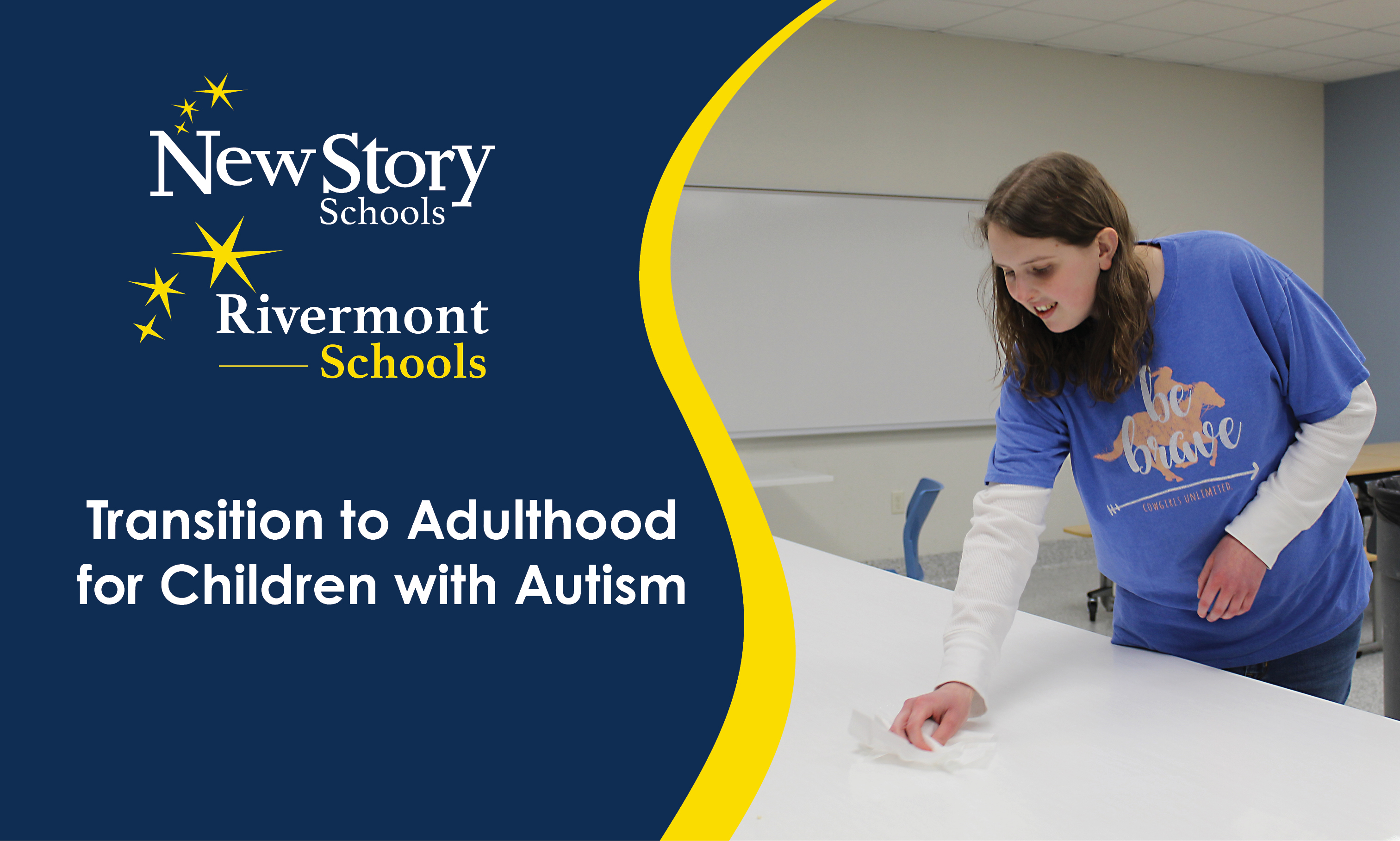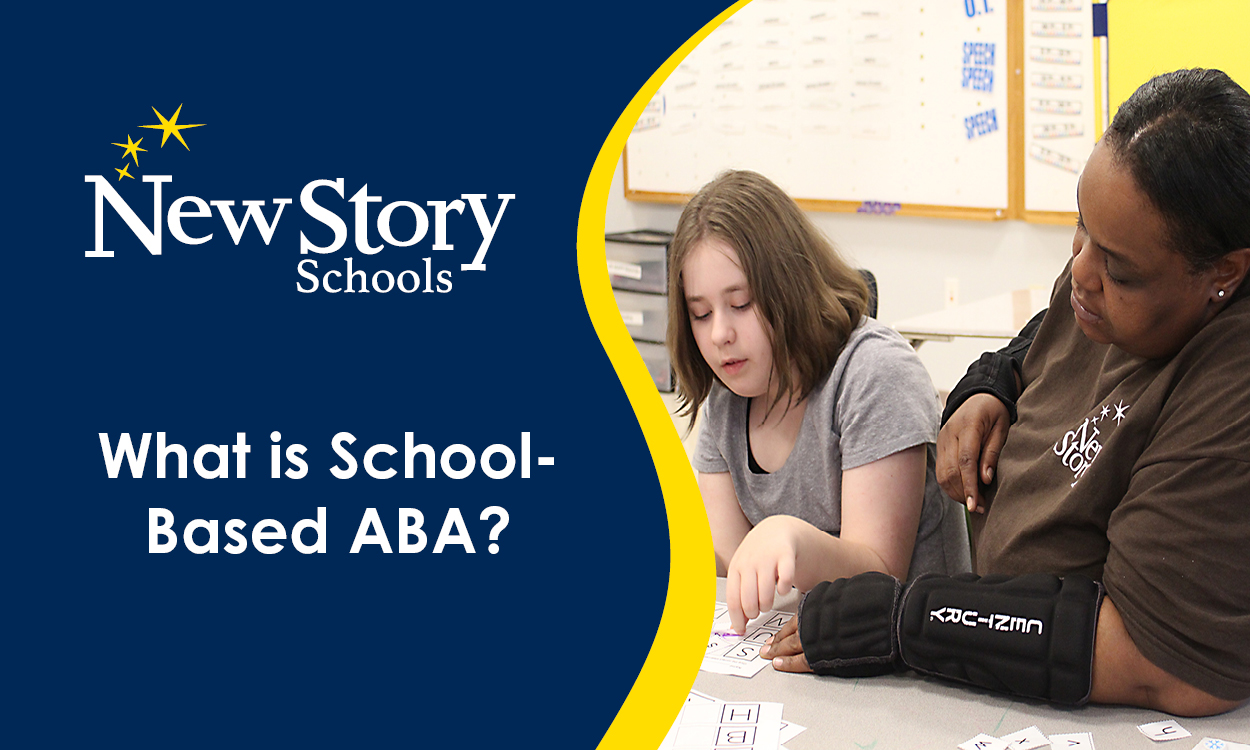Transition to Adulthood for Children with Autism
Posted: August 03, 2023 | Written By: Michelle Brown | Category:

The thought of getting your child ready for a transition into adulthood can be intimidating and altogether overwhelming. At the age of 18-23, your child will be seen as an adult, legally able to make his or her own decisions. You may be wondering where to start, which decisions will benefit your child most, and how your child will handle such a major change. Here is some information to help you prepare.
IEPs and Transition Plans
- The good news is, your child’s transition plan has most likely already begun. Every child with an Individualized Education Program (IEP) is required by law to have a transition plan included in that IEP. Your child’s school begins making plans in every IEP meeting starting at the age of 16 or younger.
- Your child’s goals and desires for the future, as well as your input, will be discussed in these meetings, as you play a vitally important role on the IEP team. Other team members will include school administrators, teachers, counselors, and other agencies as deemed appropriate for your child’s needs.
- Transition plans add to your child’s goals and help the team decide what kind of instruction, services, community experiences, daily living skills, postsecondary education preparation, and employment skills should be included in order to help your child achieve these goals.
- Transition goals can vary depending on your individual child’s abilities and needs. Some students will go on to pursue college or technical school, others may pursue gainful employment upon graduation, some may live independently, while others may stay in the care of their parents. Check with your child’s school for more information on their individual transition plan.
Continuation of Services
- If postsecondary education or employment are not feasible goals for your child, check with your school to find out how long school services can be provided. In many states, school services can be extended up to age 21-23.
- Obtain county-based support coordination and/or case management. With these resources, a student will be able to access different funding sources to allow them to continue to receive necessary services.
- Private nursing services or behavioral rehabilitation services received through medical assistance end at the age of 21. To continue these services, apply for county-based programs.
Medical Services
- Many pediatric doctors no longer serve adult patients after the age of 18. Be sure to obtain a new doctor for your child. Ask your child’s pediatrician for suggestions if you are unsure who would be the best choice.
Financial Help
- If your child qualifies for Social Security Disability Benefits, apply before the age of 18 and then check in before age 21 for any updates or necessary changes.
- Set up your child with an ABLE account if they are receiving or plan to receive Social Security disability benefits, Medicaid, or SNAP. ABLE accounts allow individuals to save up to $15,000 a year and $100,000 over time to pay for qualified expenses without revoking their disability benefits. Qualified expenses may include housing, medical treatments, transportation, schooling, employment training, financial management and administrative services, legal fees, assistive technology and personal support services.
Housing
- If your child is interested in living outside of your family home (with or without a personal assistant) you can apply for rental assistance, public housing, housing choice vouchers, or utility assistance through the Department of Housing and Urban Development (HUD).
Employment
- Research vocational rehabilitation services in your area. In Pennsylvania, the Office of Vocational Rehabilitation (OVR) helps people with disabilities prepare for, obtain, and maintain employment.
Identification and Voting
- Help register your child to vote if he or she is willing and able. At the age of 18, he or she will be eligible.
- Complete and submit information to the United States Government regarding the draft for males. Male students will receive information regarding the draft just as all 18-year-old males do. In the event of a draft there are options for those who would be unable to participate.
- You can obtain a state issued identification card if your child does not have a driver’s license.
Guardianship or Conservatorship
- If you feel that your child will need legal guardianship or conservatorship as an adult, check out this resource from Autism Speaks to learn more and get started.
For more resources specific to your state, visit our Transition Resources lists for Ohio, Pennsylvania, and Virginia.
Want to be notified of new articles and resources from New Story Schools? Submit your email and opt into our newsletter!









